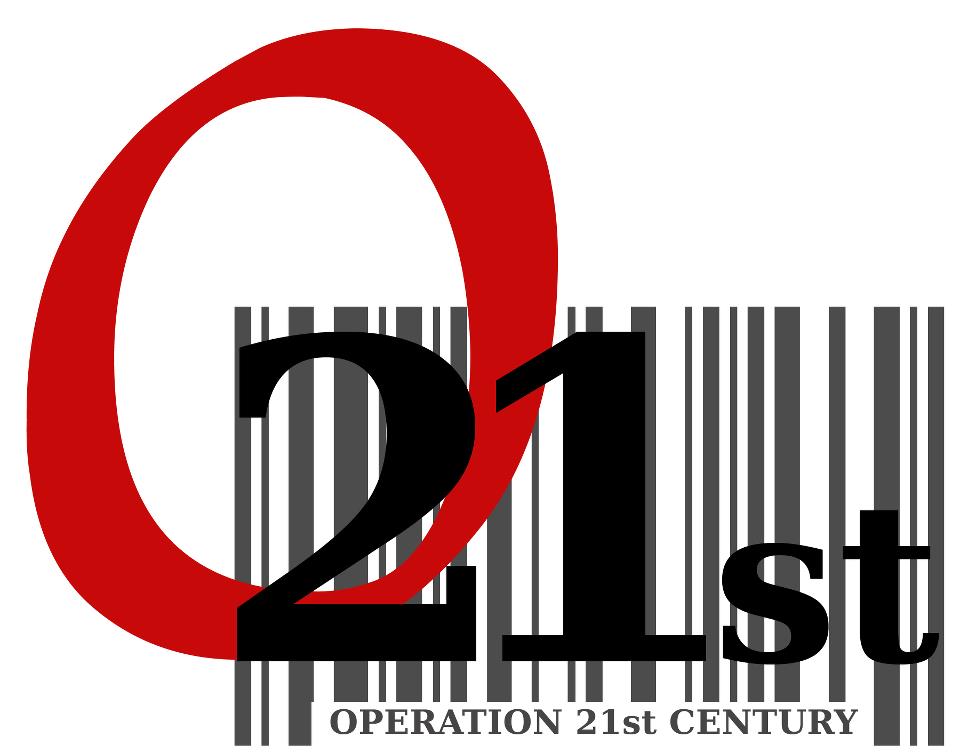It is estimated that there are currently ten to thirty million slaves worldwide, a higher number than at any other point in history. Human trafficking is the second-largest organized crime in the world, ahead of weapons traffcking and topped only by the drug trade. Last year, the sex slave trade alone yielded $32 billion in profits. Operation 21st Century aims to change this.
Operation 21st Century (OPT21), formerly known as CoAST and founded at Connecticut College by Janet Tso ’12, is a highly active organization on campus dedicated to abolishing slavery. In addition to her local work, Tso advocates for her cause on a national and international level. She has presented at conferences for the United Nations, various universities including Yale and the University of Illinois and the International Education and Resource Network conference in Senegal. She received two research grants from Connecticut College to further her research on sex trafficking in the New London area, as well as her research on children trafficked into the United States from Fujian, China.
Tso received the A.L.L.Y. Young Philanthropist Award, and recently was awarded the Ella Grasso Leadership in Action Grant from the Connecticut Women’s Hall of Fame, which she will use to initiate the Slave Free City Campaign with the goal of making New London the first slave-free city in the United States. The mayor of New London, Martin Olsen, recently issued a formal proclamation in recognition of the campaign.
This initiative is one of the first steps in Tso’s efforts to take OPT21 nationwide. To transform OPT21 into a national movement, Tso plans to form chapters at other colleges and high schools. She is currently forming a college/high school kit to help schools start their own OPT21 chapters. The main goal is to replicate the slave-free city campaign across the nation.
Tso hopes to move to China after graduation and build the company from there, while working to turn OPT21 into a non-profit organization in the United States. She will continue to be involved with the Connecticut College chapter. Tso hopes that by becoming a non-governmental organization, OPT21 will be a nationwide organization within five years, dedicated to promoting awareness and abolishing slavery in the twenty-first century.
OPT21 employs education as a key tool to raise awareness of human trafficking in all its forms. Tso calls for “intense education awareness” to remedy the lack of awareness of the extent of human trafficking today. OPT21 specializes in awareness tactics to spark recognition of these issues.
Tso emphasizes the need to make people feel uncomfortable with what they are seeing and learning. “People cannot fathom the level of torture and enslavement people like us endure every day,” she says.. “[Seeing anti-slavery demonstrations] makes you really nervous.” Tso believes that “to be an abolitionist and to change the world you have to be uncomfortable, you have to feel uncomfortable enough to make a change.”
Another common misconception is that human trafficking is not a problem in the United States. In reality, as OPT21 emphasizes, it occurs frequently. Indeed, New London, Connecticut, conveniently located between Boston and New York, is a prominent stop on the Nation Circuit, a map for traffickers to transport sex slaves.
“We’re doing outreach in schools, churches, any sort of organization that wants us, trying to educate the city about the problem,” explained Casey Dillon, Vice President of OPT21. The group also hopes to educate young men and women “about how to recognize what a trafficker looks like and how to keep young people in our area out of that situation.” Recognizing traffickers and learning how to avoid being victimized is a key goal of OPT21, as traffickers do not discriminate. Anyone, regardless of gender, age, ethnicity or socio-economic status, can be targeted, says Tso. Traffickers’ ability to easily acquire slaves has made human trafficking into the enormous problem that it is today.
On-campus education is still an important part of OPT21. There will be monthly movie screenings on campus and downtown, and Tso also plans to have weekly lectures. On February 25 a large conference will occur, featuring a variety of speakers from different fields, such as economics, law enforcement and public policy. They will discuss their roles within the abolitionist movement and how slavery can be fought from within their respective fields. In April OPT21 will host a Freedom Walk in New London to raise awareness of slavery and the abolitionist movement. •










